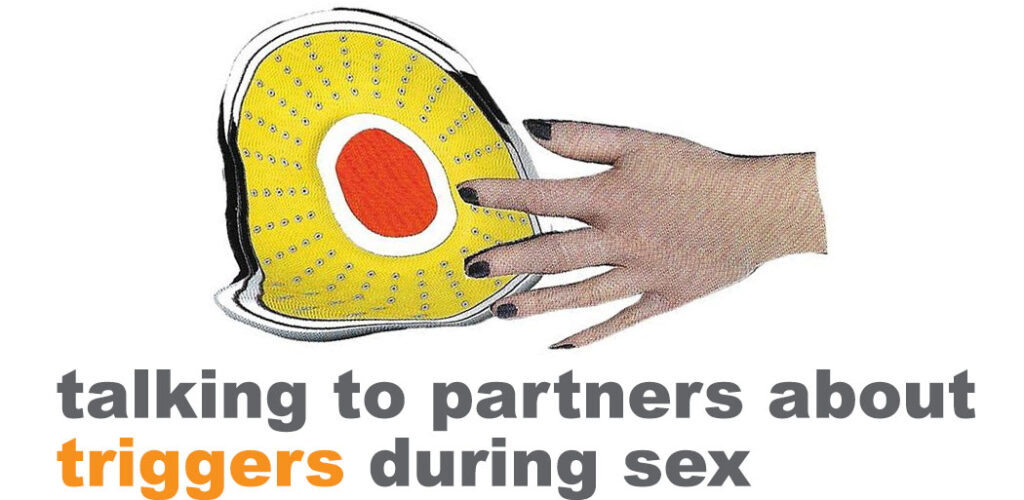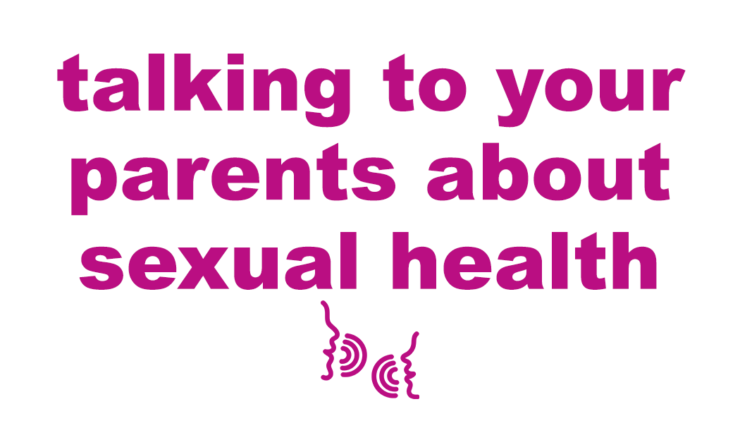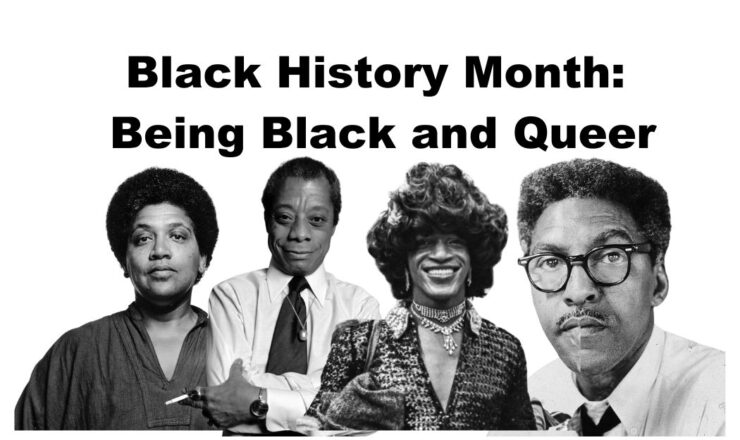

FAQ: I’m in a new relationship and I want to tell my partner how I get triggered by some things during sex sometimes, but don’t know how to approach it. Any advice for having that kind of convo?
It is totally fair to feel unsure and nervous about having these kinds of conversations. Communicating with a trusted partner about how you are feeling and establishing some boundaries can help make intimate experiences less triggering, more pleasurable, and keep you feeling safe.
Let’s think of some things to consider:
The important thing is that this conversation is on your terms! That means that you get to choose who you talk with about your triggers. It’s your decision. If your partner is a safe and trusted person in your life who you’d like to confide in, that’s great. We always want to make sure that the people we confide in are safe people, we trust them, and they are open to supporting us.
The core of this conversation is having a discussion about how your partner can better support you, whether that is working through a trigger or avoiding running into one. When deciding what you want to tell them, remember you are in control of how much you share. You can be as vague or detailed as you are comfortable with. It’s normal that your partner might have questions, so maybe it would help to prepare how you might respond to them. If you are not comfortable talking fully in depth about the subject, it’s okay to say that. You can always open up more if or when you are ready.
| What to Say |
|
These conversations can help lead to healthier boundary setting with your partner to keep you both feeling good and safe during sex. Allow yourself the time and space you need to figure out what you are comfortable with and what you’re not!
If you have questions about this topic, feel free to contact one of our peer educators. [Link]
Last Updated: June 2021

Talking about sex with your parents (or a legal guardian) can feel extremely awkward. This article covers some tips for brining up and navigating sexual health convos with parents or trusted adults in your life.

The latest episode of Kid These Days features an interview with Andrew Townsend, the Coordinator for Teen Health Source. Check out this brand new podcast!

Learn more about Black History Month with Teen Health Source and TEACH! Listen to Paula and Stuart talk about Black queer history, political identities, ballroom culture and more!